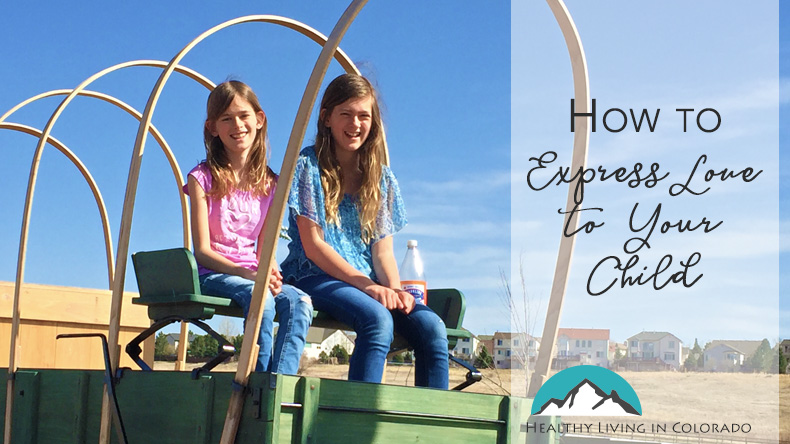Our children are a blessing, and it’s easy to let time with them roll by without being intentional. We sometimes forget to discover who they are becoming as they grow up. “The Five Love Languages Quiz” is a great tool to help you learn more about how to express love to your child.
To read this article later, click “Save” on the picture to save to Pinterest.

A Bit of History
I grew up in Winston-Salem, NC. When I was 12 years old, I had surgery on my back. The school I attended at the time was a church school where Gary Chapman was a pastor, and he came to visit me in the hospital. For those who don’t know who Gary Chapman is, he is the author of the famous book “The Five Love Languages.”
Many couples go through this material as part of their pre-marriage counseling, there have been books written about love languages for kids and teens, men, singles, and so on. His book was not out yet when he came to visit me, but it came out a few years later in 1995. It’s been around a long time and is an easy way to help us understand those who are closest to us.
Five Love Languages
For those of you who are curious about what the five love languages are, they are as follows:
- Physical Touch – non sexual touch like holding hands, hugging, snuggles
- Acts of Service – doing things to serve another like getting gas in your spouse’s car
- Quality Time – being with someone, usually talking or something to connect your heart to another
- Gifts – these people feel most loved when they are given gifts
- Words of Affirmation – being told you did a good job, you are smart, etc.
We all have a top one or two love language that we prefer to receive. We feel the most loved when our top love language is expressed toward us by someone and our love tank feels full.
But we also have a love language that we like to give. And the one we give and receive may not be the same. But it’s important to know the love language of those close to you so that you can learn their love language and “speak” it to them to help them receive love from you.
Getting to Know My Kids Through the Years
My daughters are currently about middle school age, so I have had some years to get to know them. They have changed some through the years as they have grown, but looking back I can see that their core personality traits have pretty much remained the same.
As soon as they were able to express preferences and not just receive without much thought, maybe around age 4-5, I can say their love languages have remained consistent through the years.
My older daughter has never enjoyed being touched – aside from the occasional back scratch. But if you offer to spend time with her doing just about anything, she’s your girl! She loves quality time and being WITH people.
It doesn’t matter what you’re doing, but she just likes to be together. This expresses love to her heart and she thrives in that relationship. And she always has since I can remember.
My younger daughter does not care if you do things for her (acts of service) or not, but if you need a snuggle, hug, kiss, or touch, she’s right there. When I am sitting on the couch she is the one who will park it right beside me.
I love her being near me, but she’s so close that my computer ends up half on her lap! I have to ask her to move over some to get an inch between us.
She thrives when people are hugging and snuggling her and can feel unloved when that isn’t present in the relationship. (When she’s old enough, we may have to go on dates with her to keep her off the boys, haha!)
A Fun Quiz to Take with Your Child
If you are interested in finding out what love language your child is, you can look at The 5 Love Languages. There are many resources listed on this site, and this quiz is just one I found. My kids took it and thought it was fun, so they took it twice.
Doing activities like this can help us have a little different view into the windows of our children’s hearts.
Keeping up-to-date on what makes them tick, being calm, listening to them, and helping our kids feel loved is really important.
So many things are pulling on them every day for time, attention, affection, and energy. Let’s continue to study our children, becoming a little better every day at loving them well and filling their “love tanks” in a way they can receive it.
I hope you found this helpful. Please post below if you know your child’s love language and how knowing it helps your connection. And don’t forget to share with a friend.

Pingback: 16 Great Christmas Gifts for Boys ages 5-13 • Healthy Living in Colorado
Pingback: 16 Great Christmas Gifts for Girls ages 5-13 • Healthy Living in Colorado